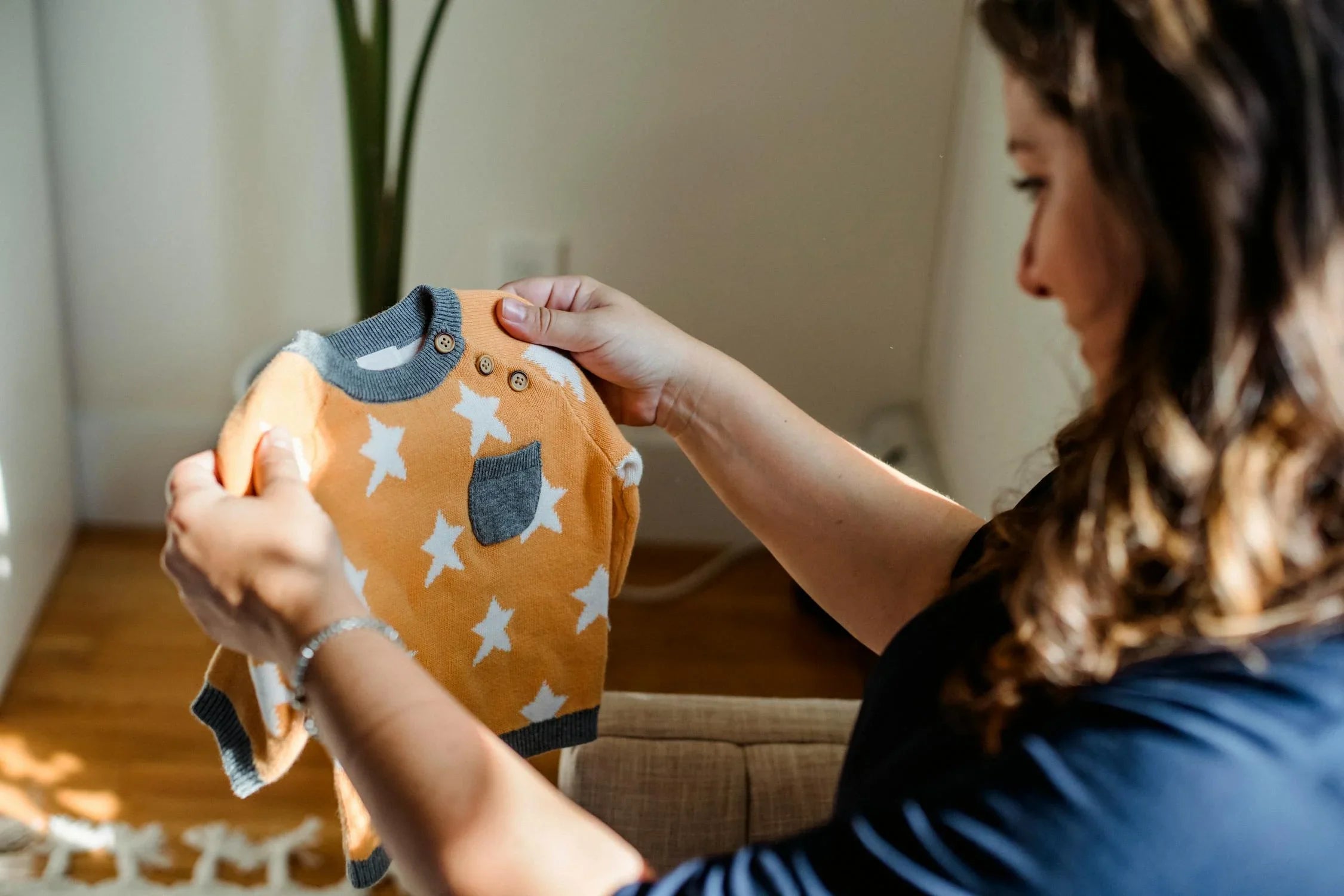Home
Pregnancy, Breastfeeding, and Pumping: The Ultimate Guide for Moms
How Much Does It Cost for a Pregnancy Test: A Comprehensive Guide

How Much Does It Cost for a Pregnancy Test: A Comprehensive Guide
When it comes to finding out if you're expecting, one of the first questions that might pop into your mind is, 'How much does it cost for a pregnancy test?' The answer isn't as straightforward as you might think. The price can vary widely depending on several factors, including the type of test, where you purchase it, and whether you opt for a professional test at a healthcare facility. In this article, we'll delve into the various aspects that influence the cost of pregnancy tests, helping you make an informed decision.
Types of Pregnancy Tests
There are primarily two types of pregnancy tests: home pregnancy tests and clinical pregnancy tests. Home pregnancy tests are the most common and can be purchased over-the-counter at pharmacies, grocery stores, and online retailers. These tests are designed to be used in the privacy of your own home and typically provide results within minutes. Clinical pregnancy tests, on the other hand, are conducted at a healthcare provider's office and may involve a blood test or a more sensitive urine test.
Factors Affecting the Cost
Several factors can influence the cost of a pregnancy test. Here are some of the most significant ones:
- Type of Test: As mentioned earlier, home pregnancy tests are generally less expensive than clinical tests. However, within the category of home tests, there can be a wide range of prices depending on the brand, sensitivity, and additional features like digital displays or early detection capabilities.
- Where You Buy It: The cost can also vary depending on where you purchase the test. For example, buying a test at a local pharmacy might be more expensive than purchasing it online. Additionally, some healthcare providers may offer tests at a reduced cost or even for free.
- Insurance Coverage: If you have health insurance, it's worth checking whether your plan covers the cost of pregnancy tests. Some insurance plans may cover the cost of clinical tests, while others may not cover home tests.
- Geographical Location: The cost of pregnancy tests can also vary depending on where you live. In some areas, tests may be more expensive due to higher costs of living or limited availability.
Average Costs
On average, home pregnancy tests can range from as little as $1 to $20 or more. Basic tests that provide a simple positive or negative result are usually on the lower end of the price spectrum. More advanced tests with features like digital displays or early detection capabilities can cost significantly more. Clinical pregnancy tests, including blood tests, can range from $50 to $200 or more, depending on the healthcare provider and whether insurance covers the cost.
How to Choose the Right Test
When choosing a pregnancy test, it's essential to consider your specific needs and circumstances. Here are some tips to help you make the right choice:
- Accuracy: If you're looking for the most accurate results, a clinical blood test is generally the best option. However, most home pregnancy tests are highly accurate when used correctly.
- Convenience: Home pregnancy tests offer the convenience of being able to test in the privacy of your own home and get results quickly. If you prefer not to wait for an appointment with a healthcare provider, a home test might be the best choice for you.
- Cost: If cost is a significant factor, consider starting with a basic home pregnancy test. These are generally the most affordable option and can provide reliable results. If you need further confirmation, you can always opt for a clinical test later.
- Early Detection: If you want to test as early as possible, look for a home pregnancy test that is designed for early detection. These tests can detect pregnancy hormones in your urine before your missed period, but they may be more expensive than standard tests.
Additional Considerations
While cost is an important factor, it's also essential to consider other aspects when choosing a pregnancy test. For example, some tests come with multiple strips, allowing you to test more than once. This can be particularly useful if you want to confirm your results or test again after a few days. Additionally, some tests offer features like a digital display, which can make it easier to read the results, especially if you're testing early in the morning or in low light.
It's also worth noting that while home pregnancy tests are generally reliable, there is always a small chance of a false positive or false negative result. If you receive a positive result on a home test, it's a good idea to confirm it with a clinical test. Similarly, if you receive a negative result but still suspect you might be pregnant, consider testing again in a few days or consulting with a healthcare provider.
Finally, remember that the cost of a pregnancy test is just one aspect of the overall experience. The emotional and psychological impact of taking a pregnancy test can be significant, regardless of the outcome. It's essential to take care of yourself during this time and seek support from loved ones or a healthcare professional if needed.
So, how much does it cost for a pregnancy test? The answer depends on various factors, but with the information provided in this article, you should be well-equipped to make an informed decision. Whether you opt for a basic home test or a more advanced clinical test, the most important thing is to choose the option that best meets your needs and provides you with the peace of mind you're looking for.
Share

